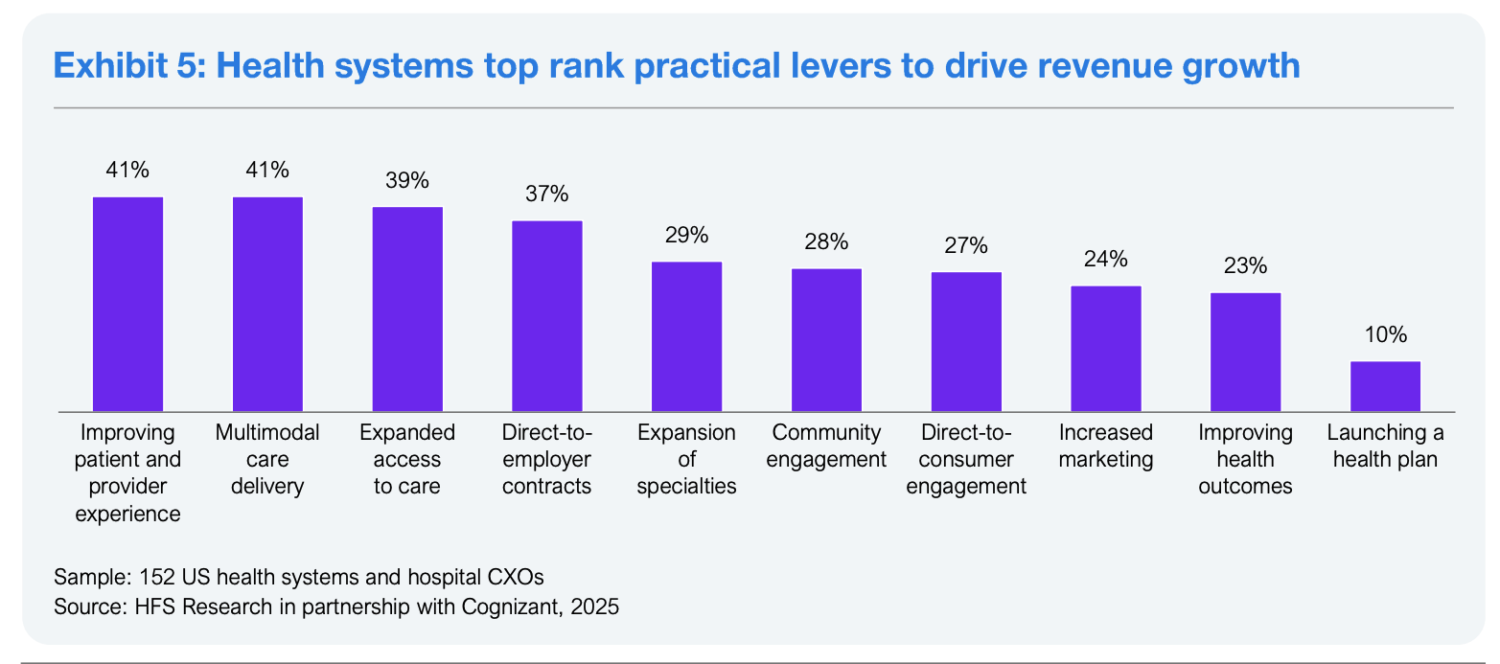
What You Should Know:
– A new study by HFS Research, in partnership with Cognizant, examines the evolving landscape of US healthcare delivery, focusing on health system consolidation and the strategies necessary for success.
– The study, which includes insights from over 150 health system CXOs, paints a picture of an industry facing significant challenges and undergoing rapid transformation.
Key Challenges and Transformations
US health systems are adapting to deliver increasingly complex care while optimizing resource utilization. However, they face a confluence of challenges, including cost pressures, clinician and staff shortages, regulatory burdens, an aging population, rising chronic disease prevalence, and the increasing cost of care.
To navigate these challenges, the healthcare delivery landscape is undergoing a rapid reconfiguration, characterized by consolidation, vertical integration, and hospital closures. The study reveals that a significant number of health systems have engaged in mergers and acquisitions in recent years, and this trend is expected to continue.
The Role of Technology and Operating Models
Technology and innovative operating models are identified as critical for successful consolidation. Health system leaders see technology as essential for both clinical and business operations, with a growing emphasis on the potential of AI.
The report emphasizes the need for health systems to move beyond traditional approaches and adopt new enterprise operating models. These models should be flexible, scalable, and designed to address evolving market needs. Key components include enterprise-scale operations for shared services, innovation frameworks, data governance, and strategic partnerships.
Focus on Growth and Patient Experience
Health systems are exploring various strategies to drive revenue growth, including improving patient and provider experience, expanding access to care, and engaging directly with self-insured employers. While patient experience is recognized as crucial for growth, health systems often struggle with inconsistent approaches in this area.
Looking Ahead
The study concludes that health systems are at an inflection point, with consolidation and vertical integration expected to accelerate. To thrive in this evolving landscape, health systems must prioritize the development of new operating models, embrace technology, and pursue strategies that enhance efficiency, improve patient care, and ensure long-term sustainability.
